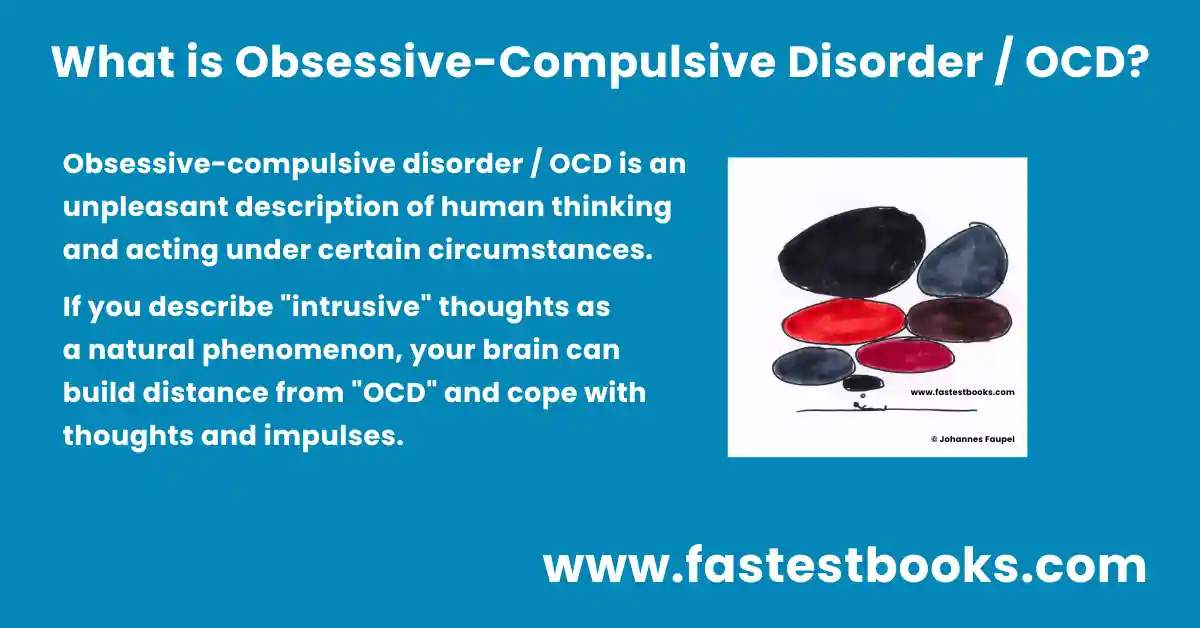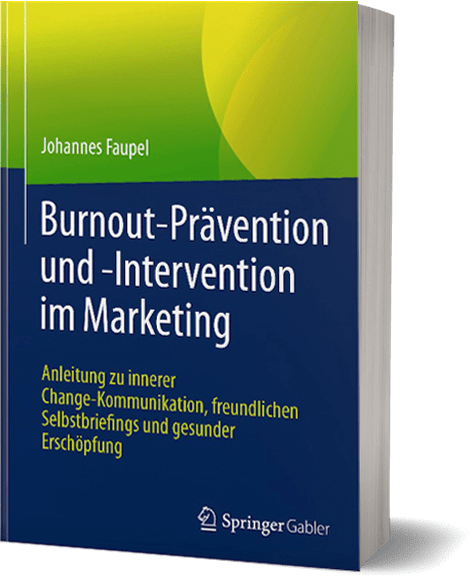
What is Obsessive-Compulsive Disorder / OCD?
What is obsessive-compulsive disorder?
OCD or obsessive-compulsive disorder is a psychiatric diagnosis. The Diagnostic and Statistical Manual of Mental Disorders (DSM-5-TR) mentions the Disorder Class: “Obsessive-Compulsive and Related Disorders.” Psychiatrists describe OCD as a difficult disorder to combat.
You can also name OCD “one of the most unpleasant descriptions of human thought and action.” People say that thoughts have power over them.
OCD is a description, an attempt to explain phenomena. The description of supposedly powerful thoughts and actions is what makes thoughts grow up. It is mainly the description.
What are causes of OCD?
The main cause of OCD is the hopeless battle against own thoughts and impulses. A person who “detects” intrusive thoughts will try to avoid them for the sake of not thinking so. This is one of the main causes of “Obsessive-compulsive disorder”. It is the obsession to eliminate thoughts.
- “What kind of human being am I?”
- “How can man have such thoughts?”
- “Why am I successless in stopping intrusive thoughts?”
What are the effects of the description “OCD”?
The effects of the OCD-concepts can be depression and hopelessness. Many start a “psychiatric career” by
How can one cope with OCD?
To cope with OCD, one has to accept that his brain will produce numerous unpleasant and impressive thoughts all day. Masses of thoughts are side effects of mental processes.
To turn away from OCD, you change your description of all thoughts that may occur. All thoughts.
How to stop intrusive thoughts?
To stop intrusive thoughts, you smile at them like a child smiles at a small dog trying to impress the child by barking. It is all about a conscious definition. Coping with big thoughts is mainly a matter of consistent declaration. Declare the “frightening” to something “astonishing”.
What are common misunderstandings about OCD?
Misunderstandings from other people about the person with the OCD diagnosis.
- She / he is stacked in thoughts.
- This person has not enough willingness to stop those thoughts
- As therapists, we have to prove that the person will not harm others. We have to convince that person by persistent confrontations with the triggering situations.
Misunderstandings from depressive person herself.
- “It is my guilt!”
- “I cannot fix that”
- “There is something wrong in my brain.”
- “I am a prisoner of my thoughts”
There is no truth per se in these assumptions. All these ideas are only mental constructions. Change your inner pictures about intrusive thoughts. Change everything.
Go to the portfolio page to see all self-help-books.



